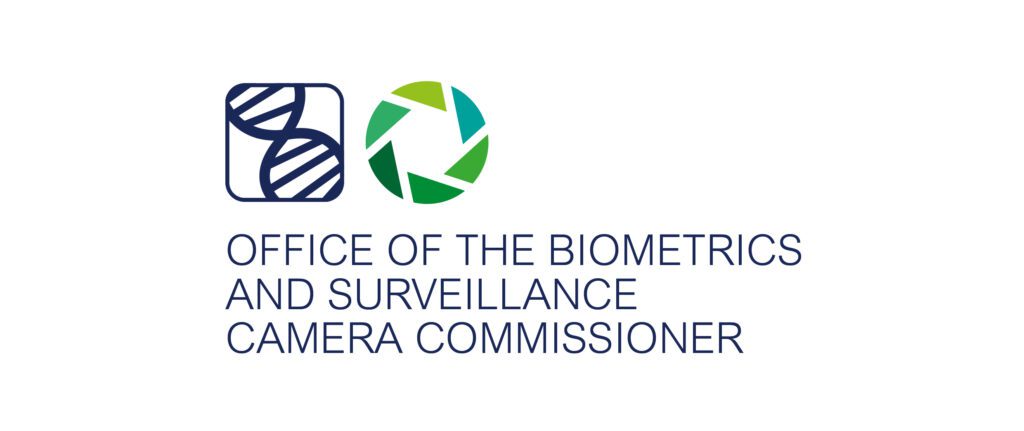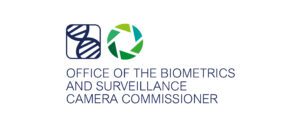As an NSI-Gold accredited CCTV installer Ecl-ips always endeavours to meet the highest compliance standards and to encourage our customers to do the same. For CCTV operators this means following the Guiding Principles of the Surveillance Camera Code of Practice.
The Code was originally published in 2013 and since then there have been legislative changes and there have previously been calls for it to be updated and the Government is now consulting on revisions. The draft revised code updates reference to this new legislation, in particular Data Protection law, and the judgment in Bridges v South Wales Police, which covered the use of facial recognition by law enforcement bodies.
The Biometrics and Surveillance Camera Commissioner, Professor Fraser Sampson, who is responsible for encouraging compliance with the Code and reviewing how it is working, is keen for all stakeholders to respond to the consultation. The deadline for responses is 8th September. As a statutory consultee, the Commissioner has been invited by the Home Office to make formal comments on the proposed revisions to the Code, which will be submitted and made available on the Commissioner’s website shortly.
The Code, issued under section 30 of the Protection of Freedoms Act 2012 (PoFA), provides guidance on the appropriate use of surveillance camera systems by relevant authorities (generally local authorities and the police) in England and Wales, who have a legal duty to pay regard to the principles of the Code when operating overt surveillance camera systems in public places. All other operators of surveillance camera systems are encouraged to adopt the principles of the Code on a voluntary basis.
Adopting the Code will mean you have a clear purpose for your CCTV system and that you have considered the effect of the system on the privacy of individuals. There also needs to be clear rules and policies in place around the operation of the system and these need to be regularly reviewed.
By adopting the Guiding Principles, it will mean that you are meeting your data protection obligations which are enforced by the Information Commissioner. The law on data protection was most recently updated in the Data Protection Act 2018 (DPA 2018).
If you would like advice from experienced CCTV specialists on compliance and best practice as well as support on adopting the Surveillance Camera Code of Practice then please contact us.



